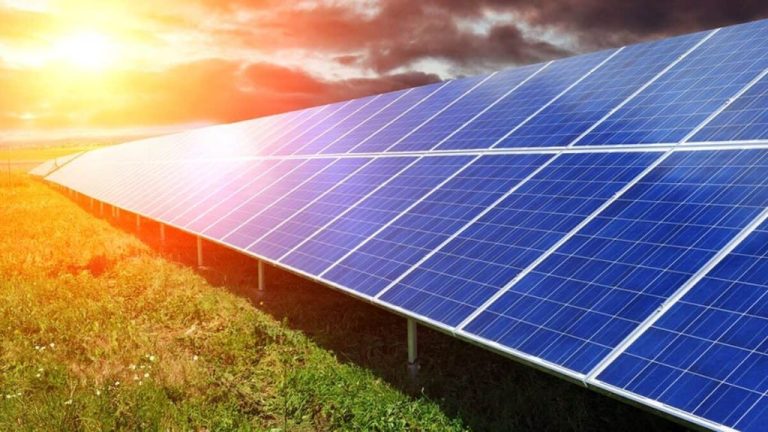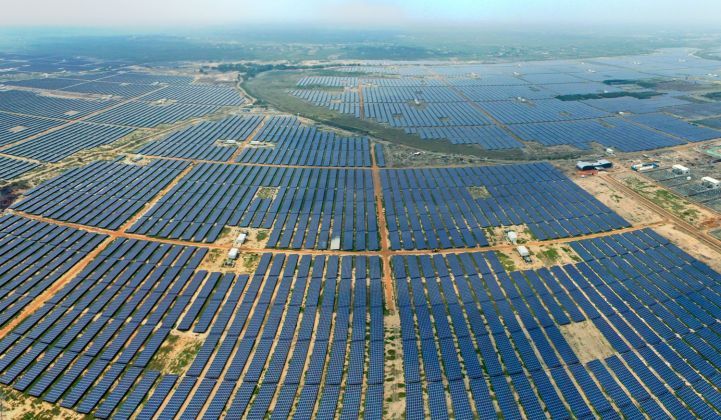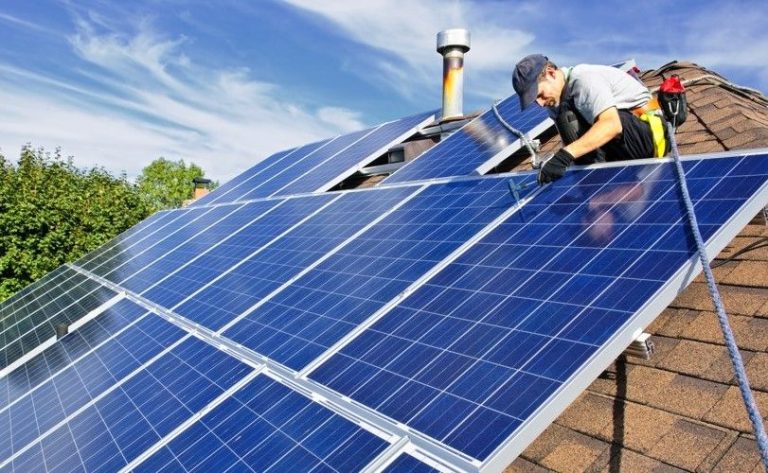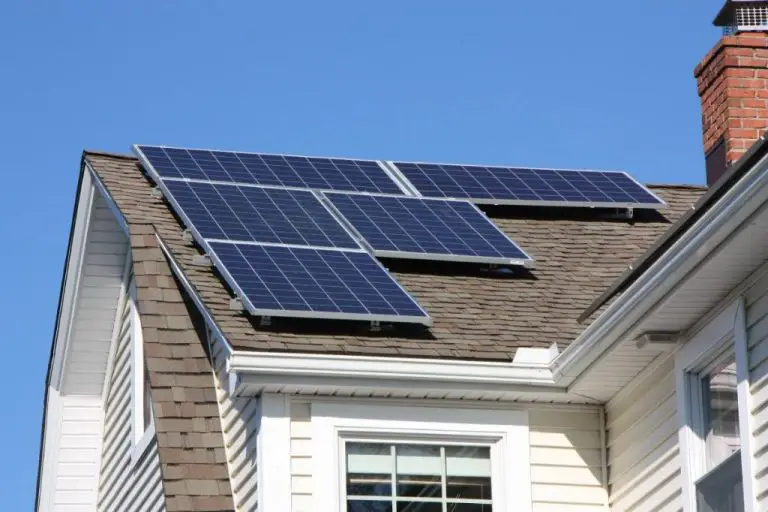Is There A Class Action Lawsuit Against Sunrun?
Sunrun is one of the largest solar energy companies in the United States, offering residential solar panel installations across multiple states. The company designs, installs, finances, insures, monitors and maintains solar energy systems for homeowners, providing an alternative to traditional utility electricity.
In recent years, Sunrun has faced a class action lawsuit alleging the company engaged in deceptive sales practices and misled customers about the performance and financial benefits of their solar energy systems. The lawsuit contends that Sunrun exaggerated the electricity output of their solar panels and overstated potential cost savings in order to drive sales.
Allegations Against Sunrun
The main allegations against Sunrun that led to the class action lawsuit center around claims of misleading sales tactics and overcharging customers. According to a Reddit post, Sunrun has been accused of lying to customers about the performance of their solar panels, telling them they need more panels than necessary in order to meet their energy needs. Customers allege they were misled during the sales process and pressured into signing expensive 20-year leases for systems that do not perform as promised.
Additionally, the lawsuit claims Sunrun used deceptive marketing and sales practices to convince homeowners to lease solar panel systems at inflated prices. As reported by Top Class Actions, plaintiffs say Sunrun failed to adequately disclose all costs, fees, and terms of their leases, leading to customers being overcharged. The lawsuit alleges Sunrun’s sales tactics were manipulative and aimed at maximizing profits over providing honest information to consumers.
The Class Action Lawsuit
In August 2019, a class action lawsuit was filed against Sunrun by a customer named Curtis Saunders in the United States District Court for the Northern District of California (Saunders v. Sunrun, Inc.).
The lawsuit alleges that Sunrun used deceptive marketing and sales practices to mislead consumers into leasing solar energy systems. Specific claims include:
- Falsely claiming customers would save money with Sunrun solar leases when many ended up paying more.
- Using inflated cost estimates for purchasing a system to make leasing seem more attractive.
- Misrepresenting the systems as “free” when they actually required 20 year lease payments.
- Failing to adequately inform customers about end-of-lease terms and fees.
The lawsuit seeks compensation for California residents who leased Sunrun systems based on these alleged deceptive practices.
Sunrun’s Response
When the class action lawsuit was filed in 2020, Sunrun responded by denying the allegations and vowing to defend itself vigorously. In a statement, Sunrun said “We believe that the allegations in this lawsuit are without merit and we intend to defend ourselves vigorously.”
According to Sunrun’s 2020 Q3 earnings call transcript, CEO Lynn Jurich stated: “We will vigorously defend ourselves against these claims. We’re confident in our sales and marketing practices.” She reiterated Sunrun’s commitment to being transparent with customers about costs and savings.
In court filings, Sunrun argued that customers were shown personalized proposals outlining system size, costs, and estimated savings before signing contracts. Sunrun claimed it did not misrepresent potential savings and that some variability in savings estimates is expected (BusinessWire, 2023).
While denying wrongdoing, Sunrun did state they were continually improving training and oversight of sales staff to ensure transparency and ethical practices.
Status of the Lawsuit
The class action lawsuit against Sunrun was filed in May 2021 in the U.S. District Court for the Northern District of California. The lawsuit alleged that Sunrun used deceptive marketing and sales tactics to induce customers into signing lengthy solar panel lease contracts (1).
As of January 2023, the lawsuit is still ongoing and has not been resolved. The plaintiffs filed an amended complaint in July 2022, after the judge dismissed some of the allegations but allowed others to proceed (2). The lawsuit is now in the discovery phase where evidence and documents are being exchanged.
Sunrun has denied any wrongdoing and is defending itself against the allegations (1). Unless the parties agree to settle, the lawsuit will likely continue through motions, more discovery, and possibly a trial. It remains to be seen whether the court will eventually rule in favor of the customers or Sunrun.
Based on the status of similar class action cases, it often takes over a year for a resolution or settlement. Customers should expect that the lawsuit against Sunrun will continue through 2023 and possibly longer before an outcome is reached.
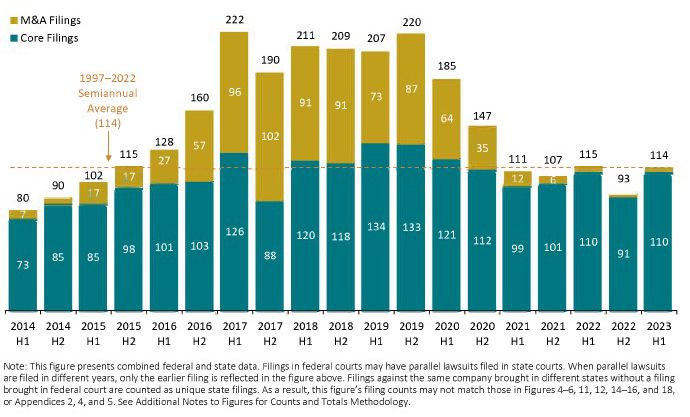
1. https://www.reddit.com/r/solar/comments/16jmls8/sunrun_class_action_lawsuit_for_deceptive_sales/
2. https://topclassactions.com/lawsuit-settlements/lawsuit-news/sunrun-deceptive-marketing-class-action-lawsuit/comment-page-10/
Outcome or Settlement
As of February 2023, the class action lawsuit against Sunrun has not yet reached a settlement or judgment. The case is still pending before the United States District Court for the Northern District of California.
According to court documents, the plaintiffs filed an amended complaint in October 2020 after Sunrun moved to dismiss the original complaint. Sunrun then filed another motion to dismiss in November 2020, which was denied by the court in August 2021. This allowed the lawsuit to move forward into the discovery phase.
The plaintiffs allege that Sunrun used deceptive marketing and sales practices to convince customers to lease solar energy systems at inflated prices. They are seeking damages and restitution on behalf of customers nationwide who entered into leases with Sunrun since 2012.
Sunrun denies any wrongdoing and maintains that its marketing and sales practices are lawful. The company says it will vigorously defend itself against the claims in the lawsuit.
As the case proceeds, both sides will engage in fact discovery and take depositions. They will also likely file motions for summary judgment asking the court to rule in their favor before trial. If no settlement is reached, the class action lawsuit against Sunrun will eventually go to trial before a jury.
Based on the court docket, it appears a settlement or judgment may not occur until late 2023 at the earliest. The court will need to rule on any summary judgment motions and preside over a trial if necessary before determining the outcome.
Impact on Customers
The pending class action lawsuit could potentially have a major impact on current and past Sunrun customers if it proceeds. According to a post on Reddit, the lawsuit alleges that Sunrun used deceptive sales tactics and over-sold solar panel systems to customers who didn’t need that large of a system.
If the lawsuit succeeds, affected customers may be eligible for some form of compensation or damages from Sunrun (Source 1). However, the lawsuit is still in early stages as of February 2023, so it remains to be seen if customers will actually receive any compensation. Customers who leased solar panel systems from Sunrun and feel they were misled or deceived could potentially join the class action suit.
For now, current Sunrun customers are not directly impacted by the lawsuit. But if Sunrun loses the case, it could be forced to pay out substantial amounts to affected customers. This could indirectly impact all customers if it causes financial instability for the company. Customers should follow the case closely to see if they may qualify for compensation if the lawsuit succeeds (Source 2).
Impact on Sunrun
The class action lawsuit had a substantial financial impact on Sunrun. In 2017, Sunrun set aside $45 million to cover the costs associated with settling the lawsuit, including cash payments to affected customers (Source). This was a significant expense that reduced the company’s profits for that year.
In addition to the financial costs, the lawsuit damaged Sunrun’s reputation. The allegations of deceptive marketing practices contradicted Sunrun’s brand image as an ethical clean energy provider. Some customers lost trust in the company after learning about the misleading sales tactics.
In response to the lawsuit, Sunrun made changes to its sales practices. The company re-trained sales representatives to provide accurate information and avoid exaggerated claims about cost savings. Sunrun also revised sales materials and contracts to increase transparency for customers (Source). These measures were aimed at rebuilding customer trust and preventing similar lawsuits in the future.
Prevention of Future Lawsuits
There are several steps Sunrun could take to prevent similar lawsuits and improve their business practices:
First, they should thoroughly vet all sales agents and installers to ensure they are providing accurate information and using lawful practices when interacting with customers. Providing regular training and oversight could help align practices with company policies and legal requirements.
Second, Sunrun should simplify contracts and use clear, transparent language to set proper expectations with customers upfront about costs, savings, system specs, timelines, and responsibilities. This reduces confusion or feelings of deception post-sale.
Additionally, Sunrun should respond promptly to customer complaints and seek fair resolutions or compromises when installation, performance, or other issues arise. Avoiding prolonged disputes can help curb lawsuits.
Lastly, Sunrun can adopt robust compliance procedures to screen sales calls and marketing materials. Using regulatory standards as a guide for company policies and monitoring activities would demonstrate a commitment to lawful practices.
Taking proactive measures and dedicating resources to compliance, customer satisfaction, and ethical business practices can help Sunrun rebuild trust and avoid further legal action over sales and marketing activities.
Conclusion
In summary, a class action lawsuit was filed against Sunrun in 2019 alleging the company misled customers about the costs and savings of their solar energy systems. The plaintiffs claimed Sunrun used deceptive sales tactics and did not clearly disclose all fees and costs in their contracts. Sunrun denied any wrongdoing and vowed to defend itself vigorously. After over a year of legal proceedings, the two sides reached a settlement in 2021. Sunrun agreed to pay $3.75 million to settle the lawsuit, but did not admit any liability. As part of the settlement, Sunrun also agreed to clarify some of the information in its customer contracts going forward.
The outcome of this lawsuit serves as a reminder that solar companies need to be fully transparent about all costs, fees, and savings estimates when selling systems to homeowners. Any lack of clarity or misrepresentation could expose these companies to future litigation. While Sunrun was able to settle this case with minimal long-term damage, other solar providers should view it as a cautionary tale. Being forthright and avoiding inflated claims of cost savings will benefit solar companies and customers alike in the long run.

